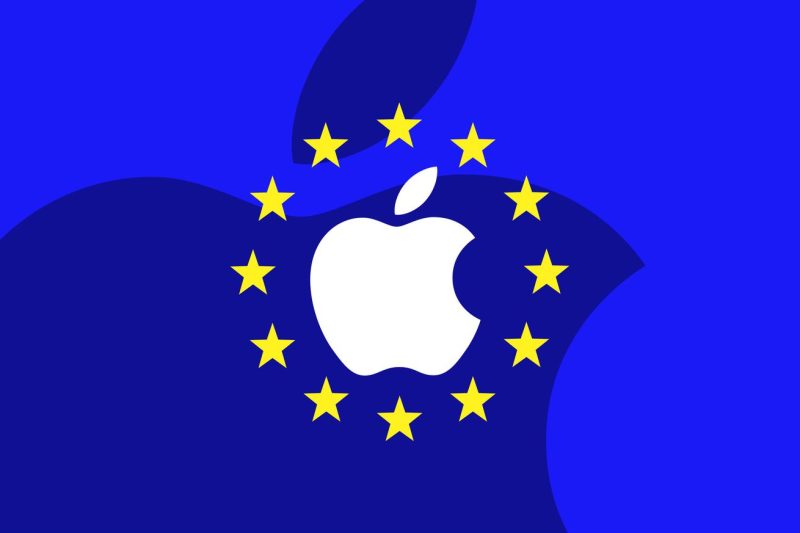
Breaking News: Apple Becomes First Company Hit with EU DMA Violation Charges!
Apple is the First Company Charged with Violating EU’s DMA Rules: What You Need to Know
Apple, the tech giant known for its innovative products and services, has found itself in hot water as it becomes the first company to be charged with violating the European Union’s Digital Markets Act (DMA) rules. This latest development has raised concerns and sparked debates about the implications for the tech industry and competition in the EU market.
The DMA, which aims to regulate digital markets and address the dominance of big tech companies, prohibits anti-competitive behaviors and unfair practices. According to the European Commission, Apple has allegedly abused its dominant position in the music streaming market by restricting the ability of app developers to inform users of alternative payment options.
One of the key issues in the case against Apple is its requirement that app developers use its own in-app purchase system, which charges a commission of up to 30% on transactions. This practice has been criticized for limiting competition and innovation in the market, as developers are unable to offer users more cost-effective payment options.
Apple has defended its practices, arguing that its in-app purchase system ensures a secure and user-friendly experience for customers. The company also asserts that it complies with all relevant EU laws and regulations. However, the European Commission believes that Apple’s conduct harms competition and restricts consumer choice, leading to the decision to press charges.
This case has broader implications for the tech industry, as it highlights the growing scrutiny and push for regulatory oversight in the digital market. With concerns about the power and influence of big tech companies on the rise, regulators are taking steps to hold these firms accountable and ensure a level playing field for all market participants.
If the charges against Apple are upheld, it could set a precedent for how digital markets are regulated in the EU and beyond. The outcome of this case may impact how other tech companies conduct their business practices and could lead to more stringent regulations being imposed on the industry as a whole.
In conclusion, Apple’s recent charges under the EU’s DMA rules signal a significant development in the ongoing debate about competition and regulation in the tech industry. As the case unfolds, stakeholders will be closely watching to see how it impacts the future of digital markets and the broader implications for tech companies operating in the EU and beyond.
